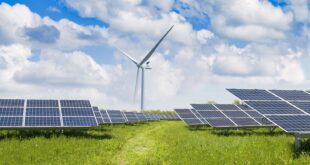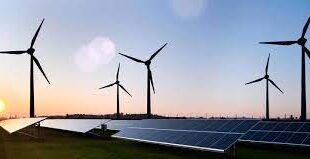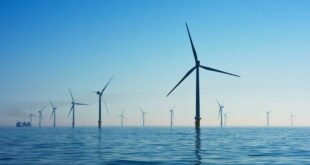Big Oil firms already spend half of their budgets on low carbon businesses. including natural gas. Michele Della Vigna. head of EMEA natural resources research at Goldman Sachs. said on Friday. discussing how the largest oil firms fare in a world of energy transition.
“When we look at the budgets of Big Oil today. they are already spending about half of the budgets on low-carbon activities. including gas to substitute coal.“ Della Vigna told CNBC in an interview on Friday.
Goldman Sachs sees five levers for Big Oil to get through the energy transition profitably and at the same time heed shareholder and society demands for a lower-carbon future. The biggest oil firms can do more gas. more biofuels. use more oil products to create petrochemicals rather than burn them. do carbon sequestration and reforestation. and enter clean power. Della Vigna said.
“In these five ways. we believe. with improving returns. they can be consistent with society’s aspiration.“ Goldman’s strategist said.
Big Oil has been facing increased investor pressure to start addressing climate change risks and set emission reduction targets if the world is ever to achieve the Paris Agreement targets. Earlier this year. BP’s shareholders voted in favor of a climate change shareholder resolution. pushing the UK oil and gas supermajor to set out a business strategy consistent with the climate goals of the Paris Agreement. Earlier this month. Shell’s chief executive Ben van Beurden said that reducing emissions to net zero `is the only way to go`.
Many Big Oil firms bet on natural gas as a cleaner-burning fossil fuel. and Della Vigna believes that natural gas “is part of the end solution.“
“Renewables make perfect sense up to 50 percent of the power generation because then you can still manage the unreliability of supply and the timing of demand.“ he told CNBC.
“The long-term solution of renewables plus gas-fired power generation. plus some level of CO2 sequestration is the cheapest way to get to a net zero carbon power generation.“ the strategist said.
Della Vigna is one of the authors of a Goldman Sachs report from earlier this month. which said that “the energy transition may require up to US$30 trillion investments by 2040 in clean energy infrastructure to limit global warming.“
 Iran Energy News Oil, Gas, Petrochemical and Energy Field Specialized Channel
Iran Energy News Oil, Gas, Petrochemical and Energy Field Specialized Channel




